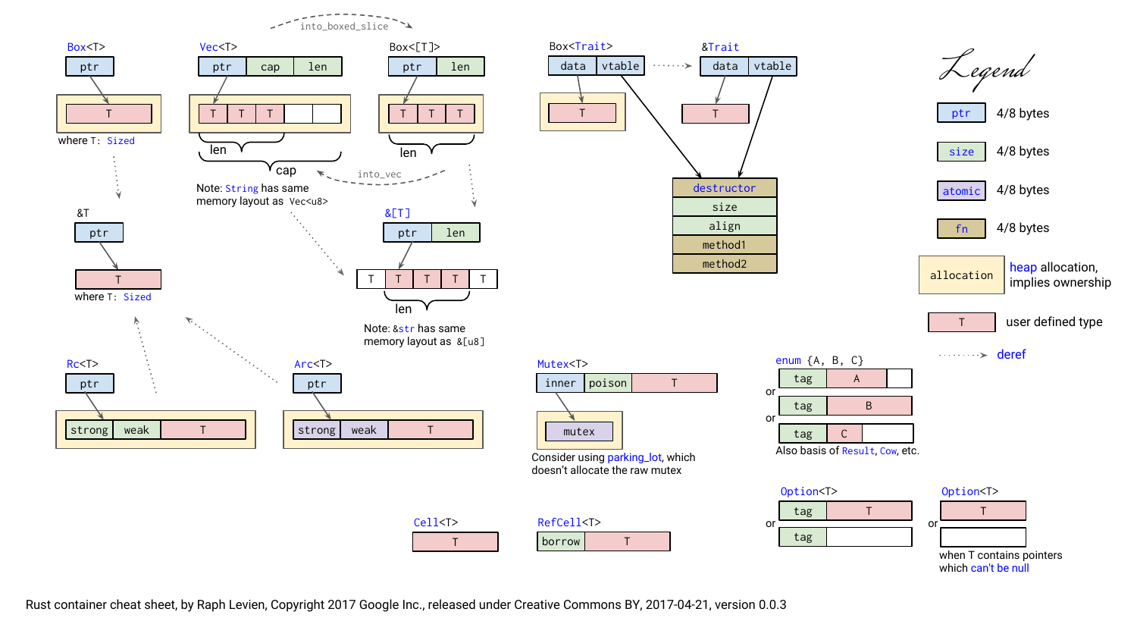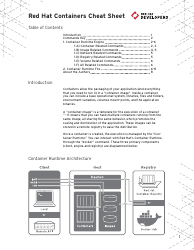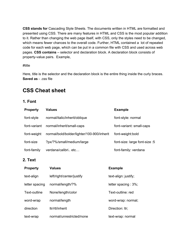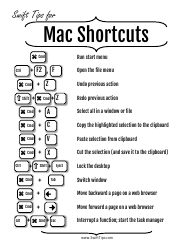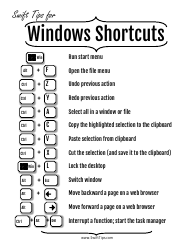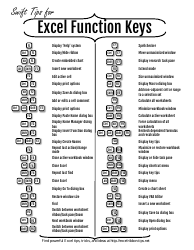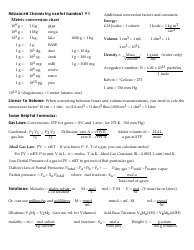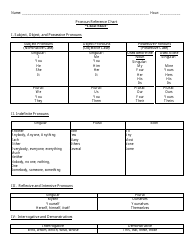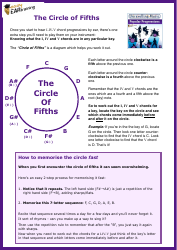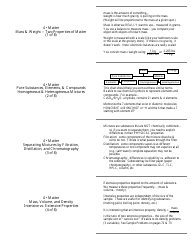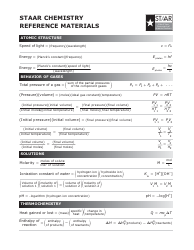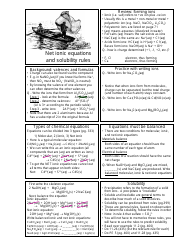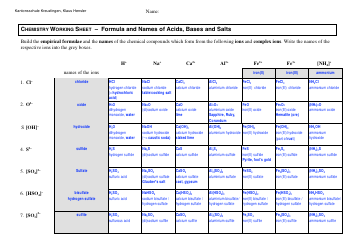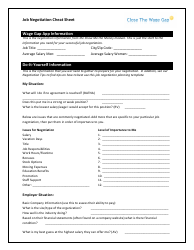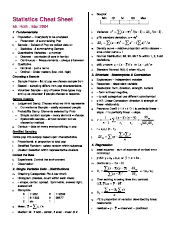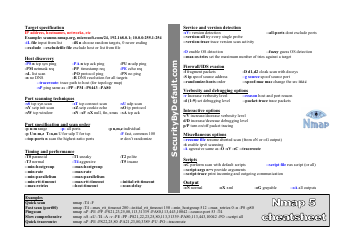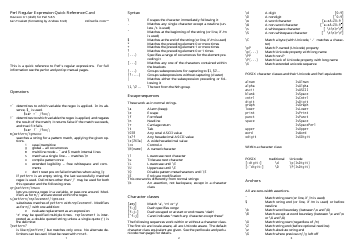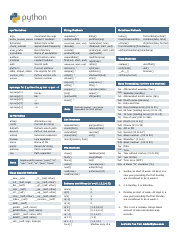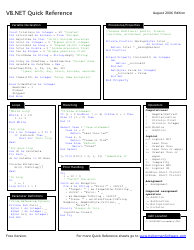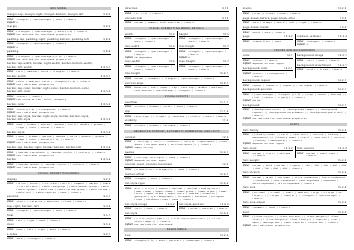Rust Container Cheat Sheet
The Rust Container Cheat Sheet provides a quick reference guide for using containers in the Rust programming language. It includes examples and explanations of different container types and their usage in Rust.
FAQ
Q: What is Rust?
A: Rust is a systems programming language.
Q: What is a container?
A: A container is a lightweight, portable unit of software that packages an application and its dependencies.
Q: Why use containers?
A: Containers provide consistency, scalability, and portability for applications.
Q: How do I create a Rust container?
A: You can create a Rust container using a Dockerfile or a containerization platform like Kubernetes.
Q: How do I run a Rust container?
A: You can run a Rust container using the 'docker run' command or by deploying it in a container orchestration platform like Kubernetes.
Q: Can I run other languages in a Rust container?
A: Yes, you can run applications written in other languages inside a Rust container.
Q: What are the benefits of using Rust containers?
A: Rust containers offer improved efficiency, isolation, and security for applications.
Q: Are Rust containers popular?
A: Yes, Rust containers have gained popularity in the software development community.
